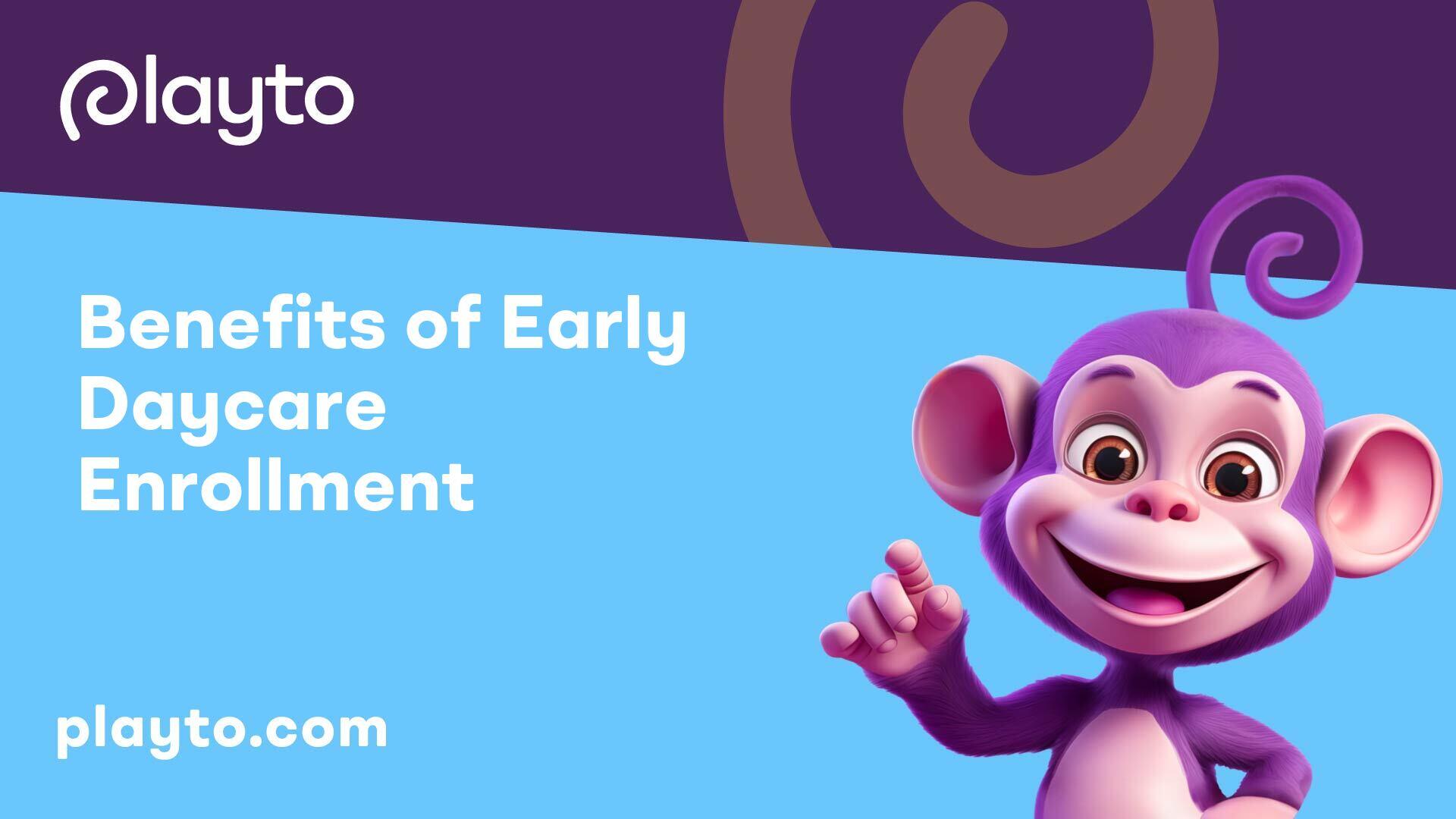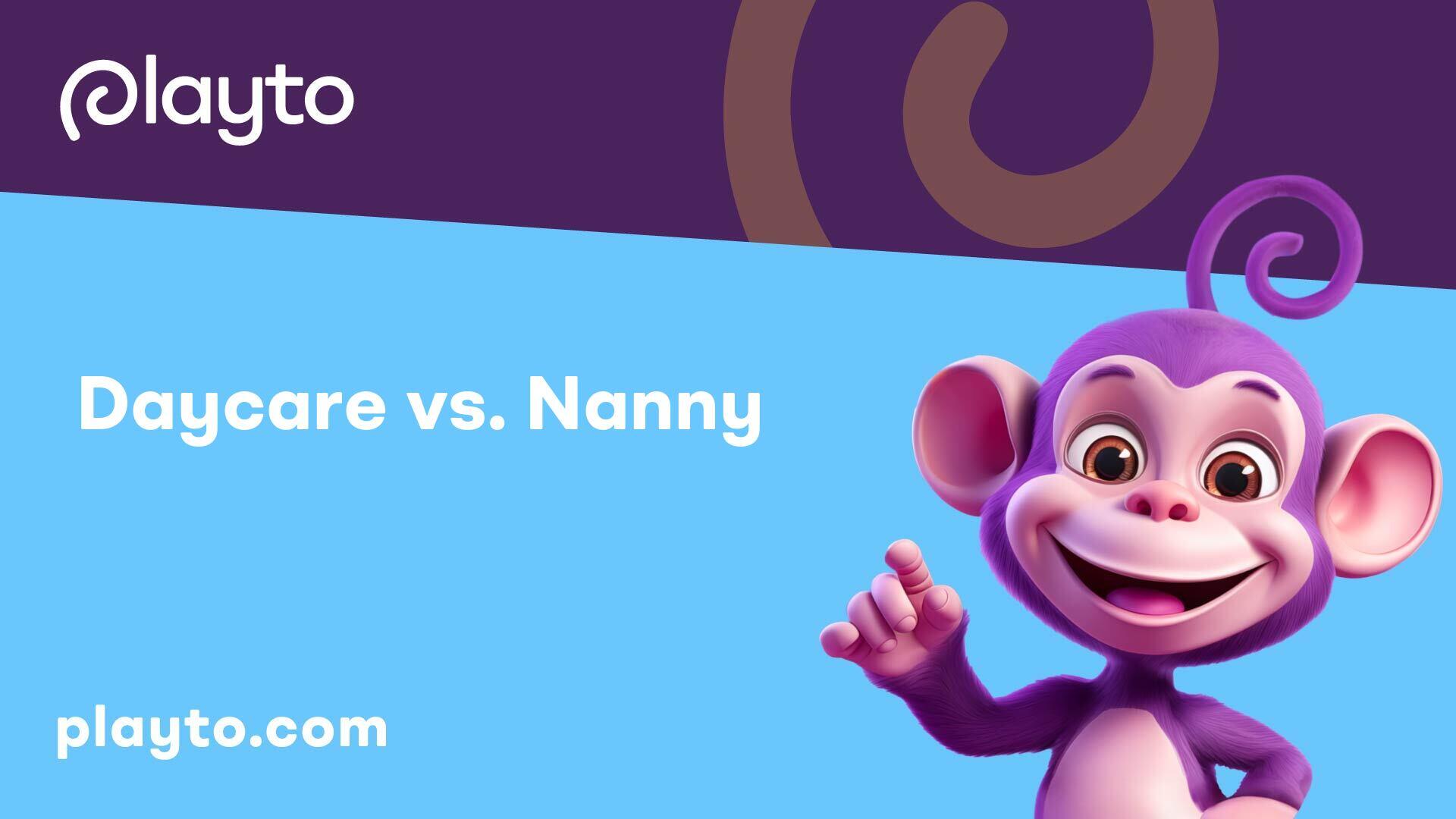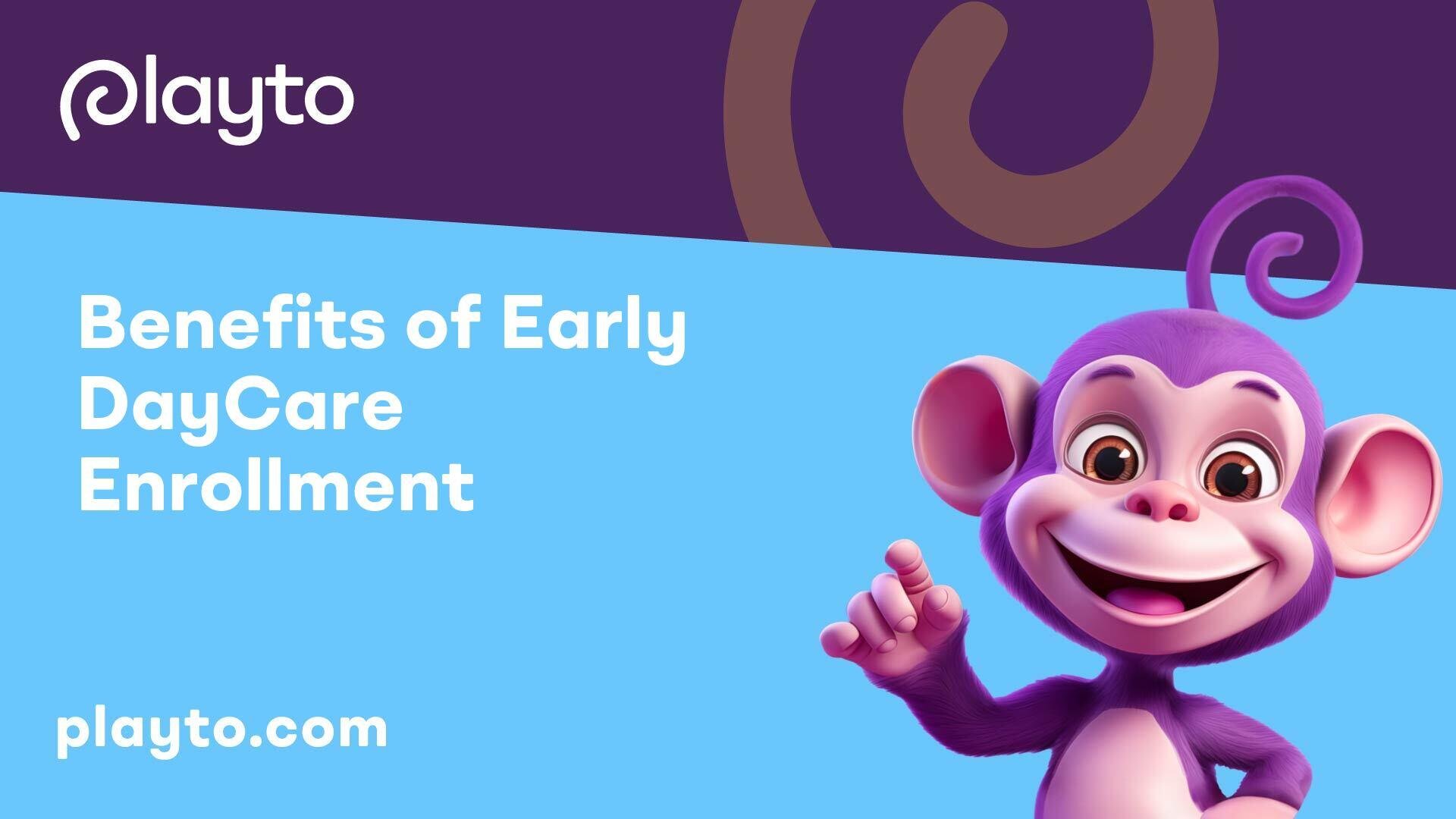
Benefits of Early Daycare Enrollment
Financial Considerations
When it comes to the economic advantages of enrolling an infant in daycare, financial aspects play a significant role in the decision-making process for parents in New York. Factors such as career goals, financial obligations, and the cost of childcare services can heavily influence the choice between daycare, nanny care, or one parent staying at home.
Daycare facilities often provide structured care at a more affordable rate compared to hiring a nanny on a full-time basis. This can be particularly beneficial for parents pursuing their careers while ensuring their child receives quality care and early education in a social setting. Considering the financial implications of different childcare options is essential for families seeking a balance between work and childcare responsibilities. To learn more about key considerations when opting for daycare, explore our article on parent tips for infant daycare.
Social Development Opportunities
Enrolling an infant in daycare not only offers parents the opportunity to pursue their professional goals but also provides valuable social development opportunities for the child. Daycare environments are specifically designed to facilitate interactions with peers and experienced childcare providers, encouraging socialization, play, and exploration crucial for early development.
Children who attend daycare may form strong bonds with their teachers and peers, fostering a sense of community and belonging that positively impacts their social and cognitive growth. These early relationships and social experiences in daycare can contribute significantly to a child's overall well-being and readiness for future academic and social challenges.
By engaging with a diverse group of children and caregivers in a daycare setting, infants have the opportunity to enhance their social skills, develop emotional resilience, and build a sense of independence. These early social interactions can lay a strong foundation for future relationships, collaboration, and communication skills. To understand more about the role of daycare in nurturing a child's sense of community and belonging, delve into our article on infant playtime in daycare.

Daycare vs. Nanny
When considering child care options, parents often find themselves weighing the pros and cons of daycare versus hiring a nanny. Both options have their own set of advantages and considerations that can impact the decision-making process.
Convenience and Flexibility
One of the primary factors that parents take into account when choosing between daycare and a nanny is the level of convenience and flexibility each option offers. Families that opt for a nanny appreciate the convenience of having personalized care aligned with their specific schedule. Nannies can tailor their work shifts to the family's routine, providing one-on-one attention and caring for the child in a familiar environment. This personalized care can help reduce separation anxiety for both the child and the parents.
On the contrary, daycare centers offer structured operating hours that may not always align perfectly with a family's schedule. While some daycares provide extended hours, they may not offer the same level of flexibility as a nanny who can cater to the family's unique timetable.
Cost Considerations
Cost is a significant factor that influences the choice between daycare and hiring a nanny. While the cost of a nanny providing one-on-one care can be higher compared to group care, as reported by Care.com's Cost of Care Report, for families with multiple children, hiring a nanny might prove to be more cost-effective than enrolling all children in daycare. The decision on the most cost-effective solution will vary depending on individual circumstances, such as the number of children needing care and the specific financial situation of the family.
On the other hand, daycare can often be a more budget-friendly option compared to the expenses associated with hiring a nanny. However, the ultimate cost-effectiveness of daycare versus hiring a nanny depends on the specific location, the number of children requiring care, and the unique circumstances of the family. Families with multiple children needing care may find that hiring a nanny becomes a more economical choice in the long run.
Careful consideration of the convenience, flexibility, and cost factors associated with daycare and nanny care is essential for parents in choosing the most suitable child care arrangement that aligns with their family dynamics and preferences. By evaluating these aspects thoughtfully, parents can make an informed decision that meets the needs of both their children and their family as a whole.

Learning Experiences in Daycare
When considering the advantages of early daycare enrollment, one significant aspect to highlight is the enriching learning experiences that daycare can offer to young children. These experiences play a pivotal role in shaping both their social and cognitive development, providing a strong foundation for future growth and learning.
Social and Cognitive Development
Daycare settings are uniquely positioned to facilitate children's social and cognitive development by providing them with opportunities to interact with peers, engage in structured activities, and learn from experienced caregivers. These interactions help children build essential social skills such as communication, cooperation, and conflict resolution, preparing them for future social interactions.
Moreover, the structured routines and educational activities implemented in daycare environments stimulate children's cognitive abilities. Through engaging play-based learning experiences, children develop important cognitive skills such as problem-solving, critical thinking, and creativity. The diverse learning opportunities in daycare contribute to the holistic development of children, nurturing their curiosity and fostering a love for learning from an early age.
Community and Belonging
In daycare settings, children have the chance to form meaningful connections with their teachers and peers, fostering a sense of community and belonging. These relationships play a crucial role in shaping a child's sense of identity and self-esteem, providing them with a supportive environment where they feel accepted and valued.
Being part of a community within the daycare setting not only promotes social skills but also instills a sense of belonging and security in young children. Feeling connected to their caregivers and peers creates a nurturing and positive environment where children can thrive emotionally and academically. This sense of community helps children develop a strong foundation for building relationships, fostering empathy, and understanding the importance of collaboration and teamwork.
In conclusion, the learning experiences provided in daycare settings contribute significantly to the holistic development of children, enhancing their social skills, cognitive abilities, and sense of belonging. By enrolling children in daycare early on, parents can provide them with a supportive and stimulating environment that fosters growth, learning, and overall well-being.
Drawbacks of Daycare
While early daycare enrollment offers numerous benefits, it's essential to consider potential drawbacks that come with this decision. Two common concerns parents may have regarding daycare are exposure to germs and communication challenges.
Exposure to Germs
A notable drawback of daycare is the increased exposure to germs that children may encounter in a group setting. This exposure can lead to frequent illnesses, commonly known as the "daycare drip". Due to the close proximity of children in daycare facilities, contagious illnesses can spread quickly, making it challenging to maintain optimal health in a daycare environment.
It's crucial for daycare centers to implement rigorous hygiene practices to minimize the spread of germs and illnesses among children. Parents can also play a role by reinforcing proper handwashing techniques and ensuring their child's immunizations are up to date to help protect their little ones from common infections that may be prevalent in daycare settings.
Communication Challenges
Another drawback that parents may face when opting for daycare over a nanny is potential communication challenges. Compared to hiring a nanny who provides more personalized care, parents may have less direct communication with daycare providers [2]. This reduced level of direct communication can sometimes create a barrier for parents who want to stay updated on their child's daily activities, progress, and overall well-being while in daycare.
To address communication challenges in daycare settings, parents should establish open lines of communication with daycare staff and inquire about the methods used to keep parents informed. Regular updates, parent-teacher meetings, and the use of communication apps can help bridge the gap and ensure that parents feel involved and informed about their child's experiences in daycare. By fostering a collaborative relationship between parents and daycare providers, communication challenges can be effectively managed, enhancing the overall daycare experience for both parents and children.
Preschool Benefits
Early enrollment in preschool brings a multitude of advantages to children, preparing them academically and setting the stage for long-term social and economic gains.
Academic Preparedness
Preschool education plays a significant role in shaping children's academic readiness. It equips them with essential early learning and pre-academic skills, giving them a head start when they transition to formal schooling. Children engage in activities that foster cognitive development, social interaction, and language acquisition within preschool programs.
Research studies, including the HighScope Perry preschool study, have underscored the tangible benefits of attending high-quality preschool programs. Individuals who participated in such programs have shown a propensity to earn up to $2000 more per month compared to their counterparts who didn't have access to similar educational opportunities. Moreover, preschool attendees exhibit higher rates of high school graduation, homeownership, and longer-lasting marriages, showcasing the lasting impact of early academic preparation on various aspects of life.
Long-Term Social and Economic Gains
Studies like the Abecedarian project provide evidence supporting the enduring social and economic benefits derived from quality preschool education. Children who undergo preschool programs with a strong foundation are less likely to experience grade retention, require special education services, or encounter legal issues in the future. This highlights the preventative nature of preschool education in mitigating potential obstacles that could arise later in a child's life.
The National Education Association (NEA) has conducted comprehensive research on the effectiveness of preschool, emphasizing the multifaceted and sustainable advantages offered by such programs. The long-term benefits extend beyond individual growth to encompass broader societal and economic enhancements, illustrating the far-reaching impact of investing in early childhood education.
In essence, a well-rounded preschool experience not only fosters immediate social and academic development but also sets the stage for future success by instilling lasting skills and characteristics in children. While preschool can't guarantee success, it serves as a crucial stepping stone towards positive outcomes and a solid foundation for continued growth and learning.
Positive Effects on Academic Performance
When considering the benefits of early daycare enrollment, one of the key advantages lies in its positive effects on academic performance. By enrolling children in high-quality daycare programs from an early age, it is possible to prevent achievement gaps and set a solid foundation for their future academic success.
Preventing Achievement Gaps
Research, such as the study conducted in Tulsa, Oklahoma, highlighted in the Hechinger Report, has underscored the importance of enrolling children in high-quality early childhood programs near birth. These programs play a significant role in preventing the achievement gap, which can have lasting effects on a child's academic performance and behavior throughout their elementary school years.
Children who have the opportunity to participate in quality daycare programs from an early age are more likely to develop key cognitive and social skills that are essential for academic success. By nurturing these skills in a supportive and stimulating environment, children can build a strong educational foundation that sets them up for long-term achievements.
Importance of Quality Early Care
Studies conducted by the National Education Association (NEA) and programs like the HighScope Perry preschool study, as mentioned in Our Kids, have emphasized the significance of quality early care in shaping children's academic outcomes. Individuals who have access to high-quality preschool programs demonstrate higher earning potential and are more likely to graduate from high school, own homes, and have successful marriages.
Quality early care not only focuses on academic preparedness but also fosters holistic development by nurturing social, emotional, and cognitive skills. These programs create a supportive learning environment that encourages exploration, critical thinking, and a love for learning, all of which are essential for academic success.
By focusing on prevention of achievement gaps and promoting the importance of quality early care, parents and caregivers can help lay the groundwork for their child's academic journey. Early daycare enrollment provides children with the necessary tools and resources to thrive academically, setting them on a path towards lifelong learning and success.
References
[2]:
[3]:
